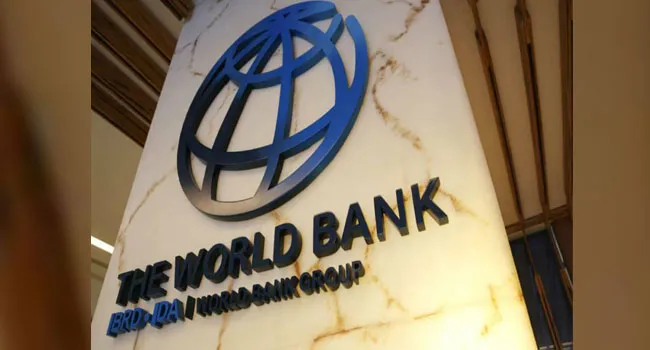The Federal Government has announced a comprehensive plan to overhaul Nigeria’s struggling health sector through the newly launched National Health Sector Renewal Initiative (NHSRII) and the Health Sector Strategic Blueprint 2024-2027. This initiative aims to tackle critical challenges such as inadequate infrastructure, healthcare personnel shortages, and poor financing, which have long plagued the country’s healthcare system.
Dr. Muntaqa Sadiq, the National Coordinator of the Sector-Wide Coordinating Office – T Programme Management Unit (SCO-PMU), disclosed the details during an interview in Abuja, stating that recent reports highlighted how Nigeria’s healthcare system lags behind global standards. “Even more troubling is that 50 percent of X-ray machines in government hospitals are not functioning, and Nigeria has only 23.3 doctors per 100,000 people,” Sadiq said, pointing out that this is significantly below the World Health Organization’s guideline of 100 doctors per 100,000.
The NHSRII intends to close these gaps through partnerships with the private sector and development partners. Central to the initiative is the Sector-Wide Approach (SWAp), a management framework aimed at improving coordination across federal, state, and local governments. “It is aimed at improving coordination across federal, state, and local governments, as well as engaging with development partners and the private sector,” said Sadiq, adding that the SWAp emphasizes “One Plan, One Budget, One Report, and One Conversation.”
Key actions under the blueprint include expanding Primary Healthcare Centres (PHCs) and ensuring that each local government area has at least one Comprehensive Emergency Obstetric and Newborn Care (CEmONC) facility. The plan also seeks to resolve fragmented health supply chains, which have led to a 41% stock-out rate for family planning commodities. “By integrating and streamlining procurement systems, we expect to see a significant reduction in stock-outs and a more reliable supply of essential medicines,” Sadiq noted.
Addressing human resource challenges is a priority, with plans to enhance training through digital solutions and increase the production of healthcare workers in collaboration with the private sector. The initiative also targets infrastructure improvements, including rehabilitating 17,600 PHCs and equipping facilities for climate resilience, aided by a $1.57 billion World Bank fund. “A portion of these funds will be used to equip healthcare centres with solar energy solutions and other climate-resilient infrastructure, particularly in rural areas,” Sadiq said.
The NHSRII acknowledges the private sector’s crucial role in strengthening the healthcare system, particularly in expanding digital health services, data reporting, and local pharmaceutical production. “The private sector will play an instrumental role in actualising our goals for the health sector,” said Sadiq, highlighting its contribution to training healthcare workers and producing critical supplies.
Moreover, the strategic blueprint outlines plans to expand health insurance coverage, focusing on financial protection for vulnerable populations through mechanisms such as Third-Party Administrators (TPAs). It sets 13 priority areas, including improving maternal and child health, accelerating immunization, and combating non-communicable diseases.
In addition to federal efforts, state governments are expected to support the initiative through policy actions aligned with the Basic Health Care Provision Fund (BHCPF), which allocates 1% of the Consolidated Revenue Fund to primary healthcare. “Together, we are committed to building a resilient, effective, and sustainable health system that works for all Nigerians,” Sadiq affirmed, expressing optimism about the initiative’s potential to significantly enhance health outcomes across the nation.





